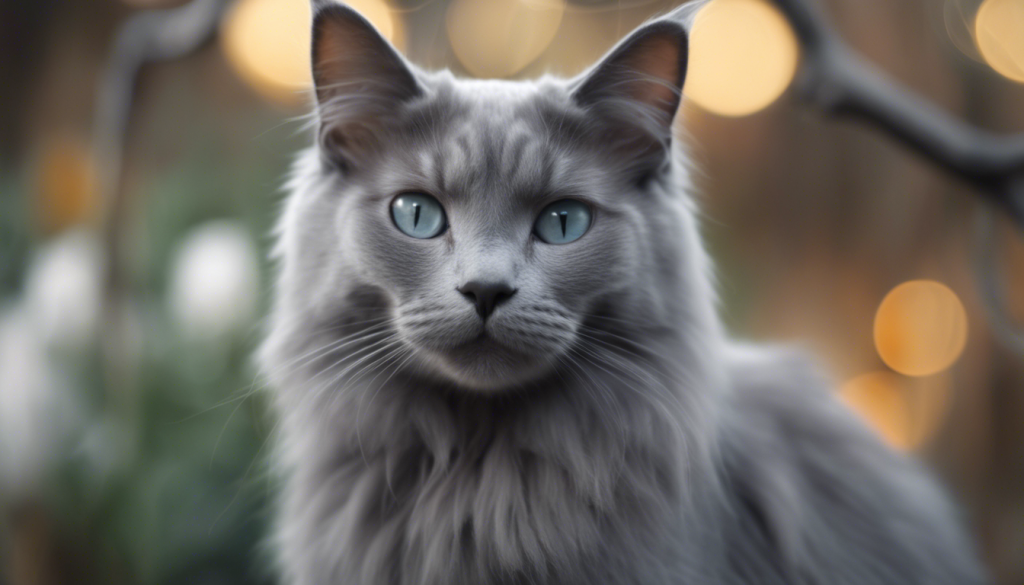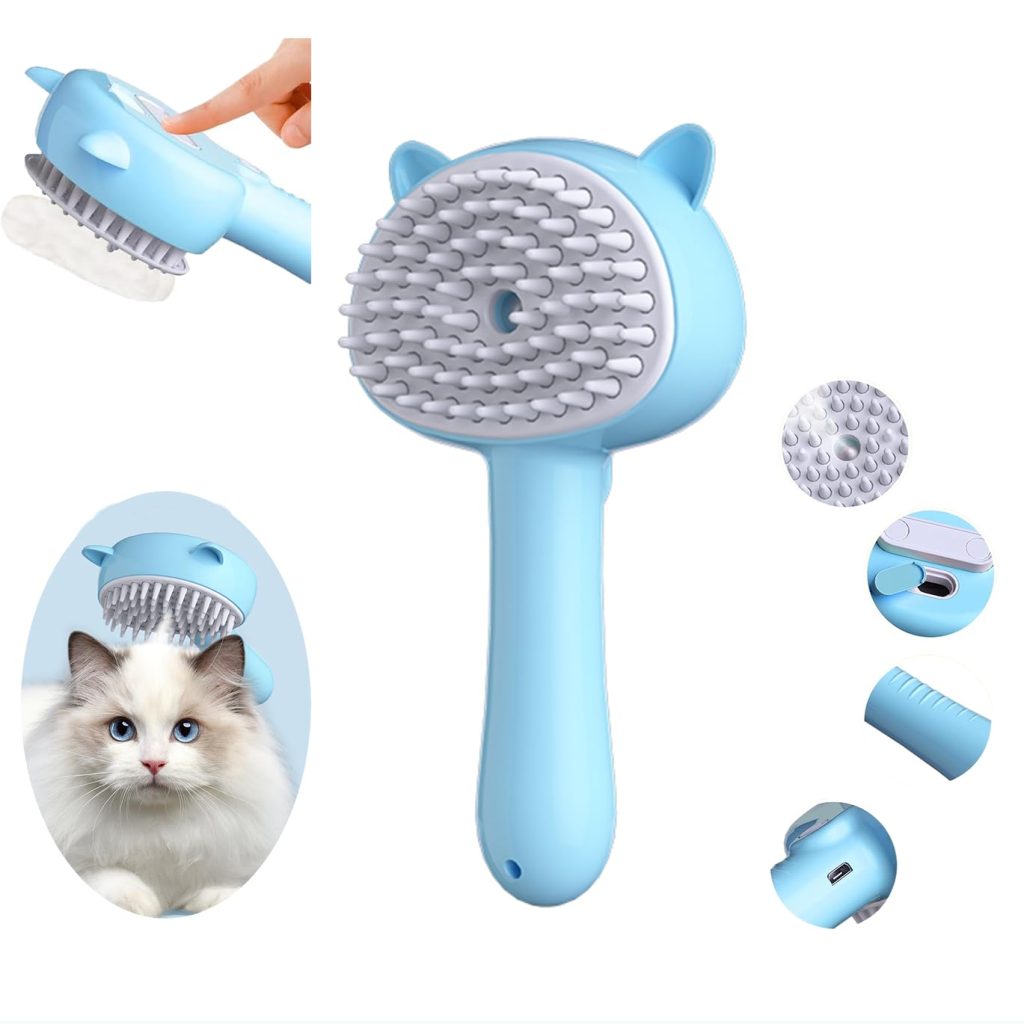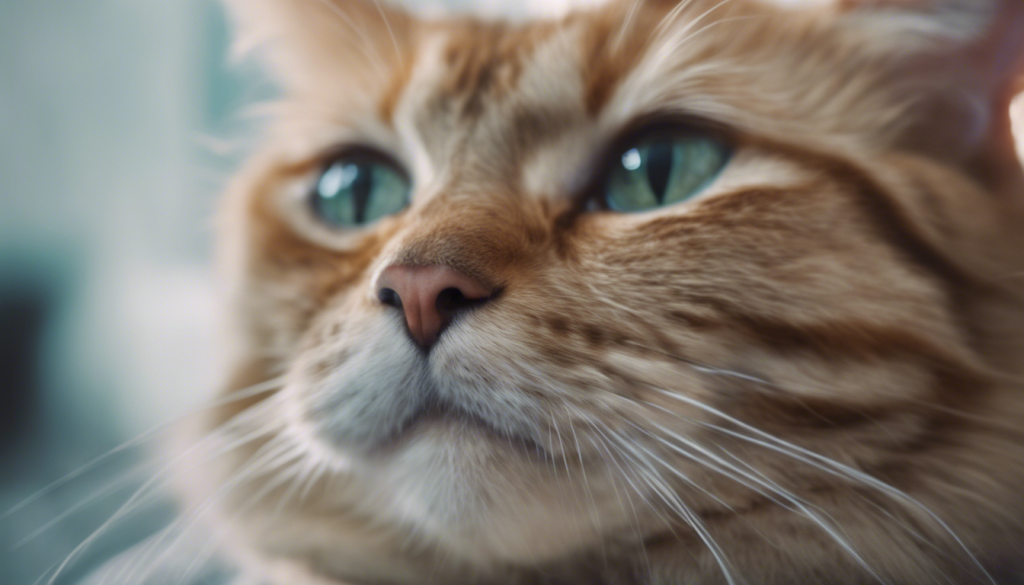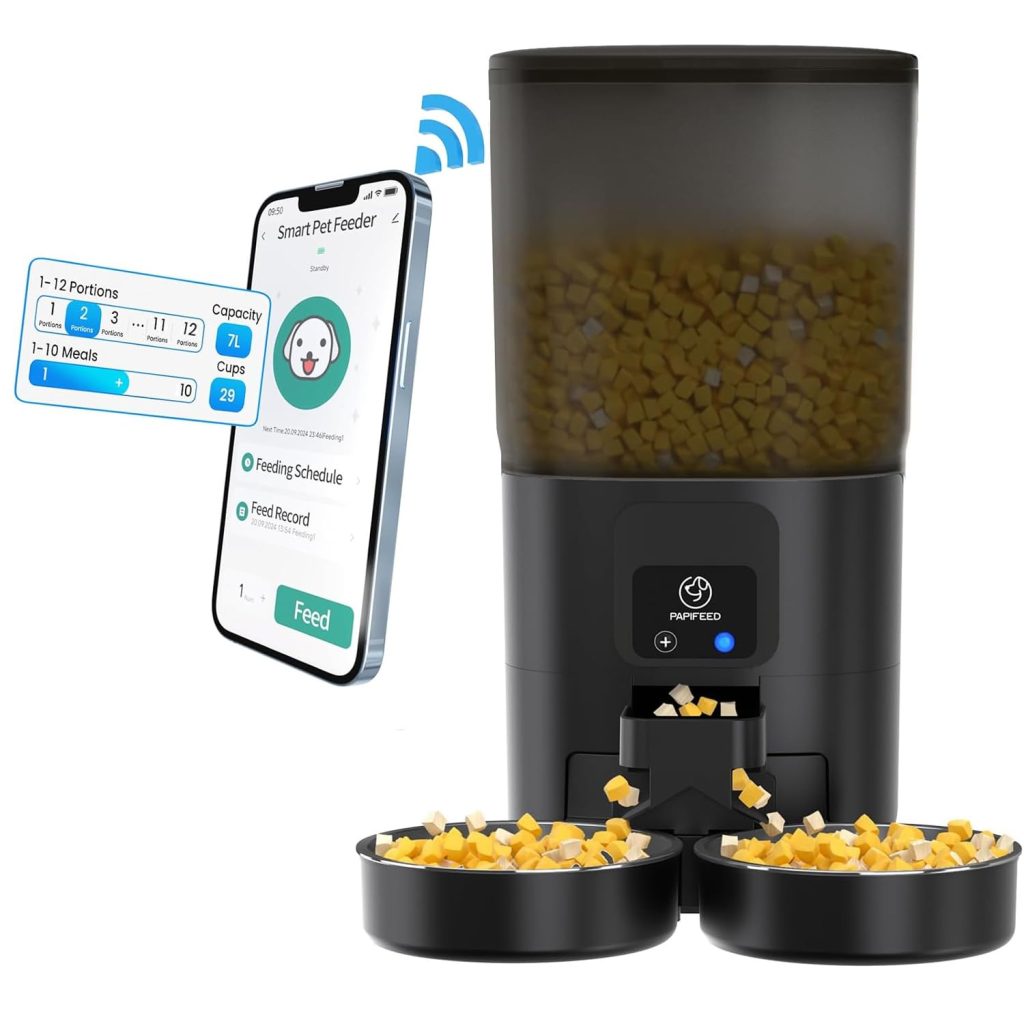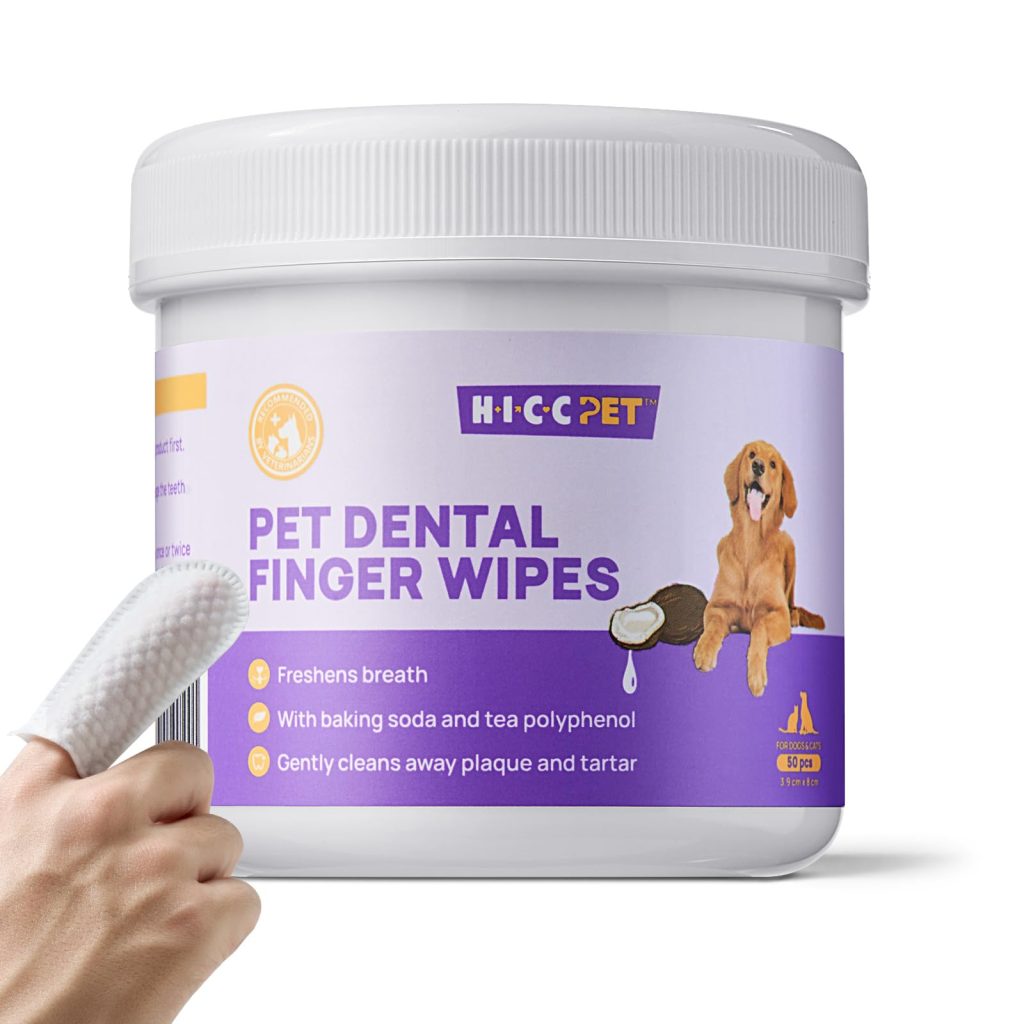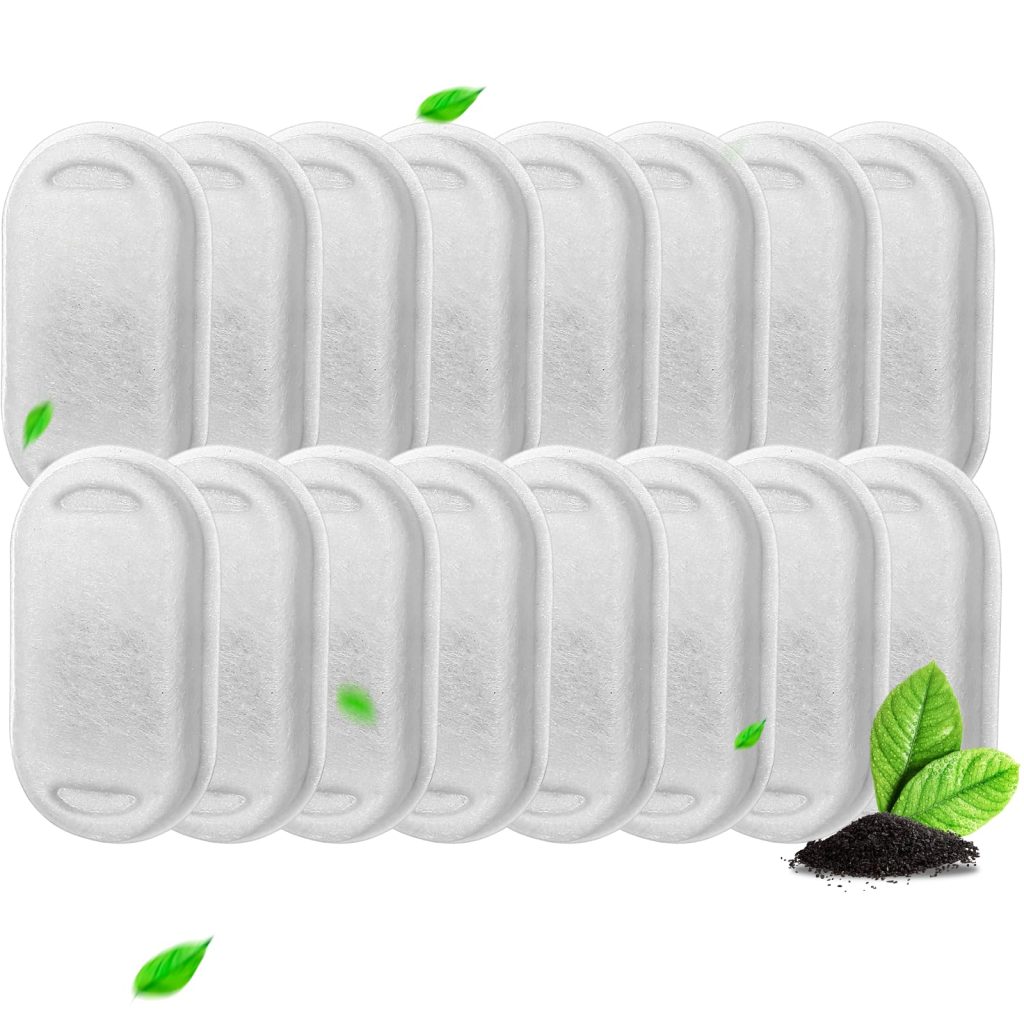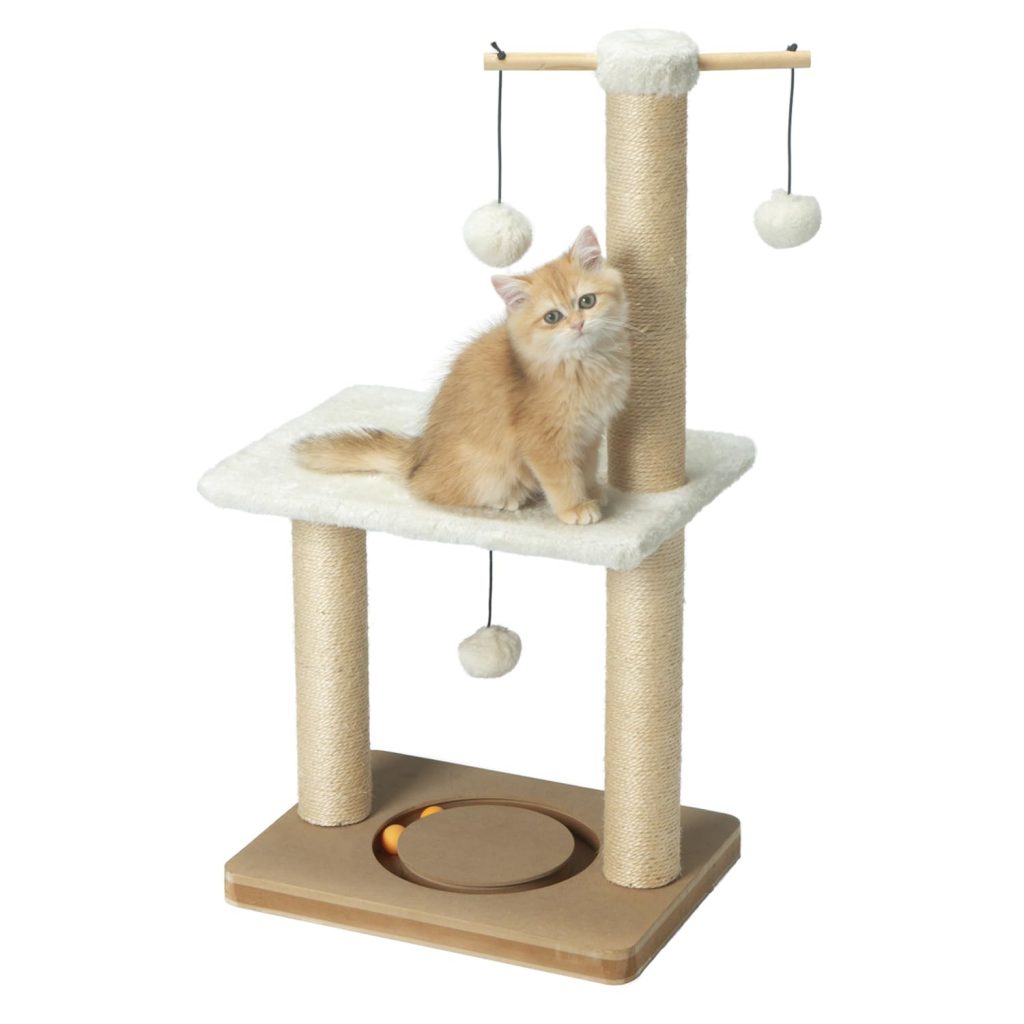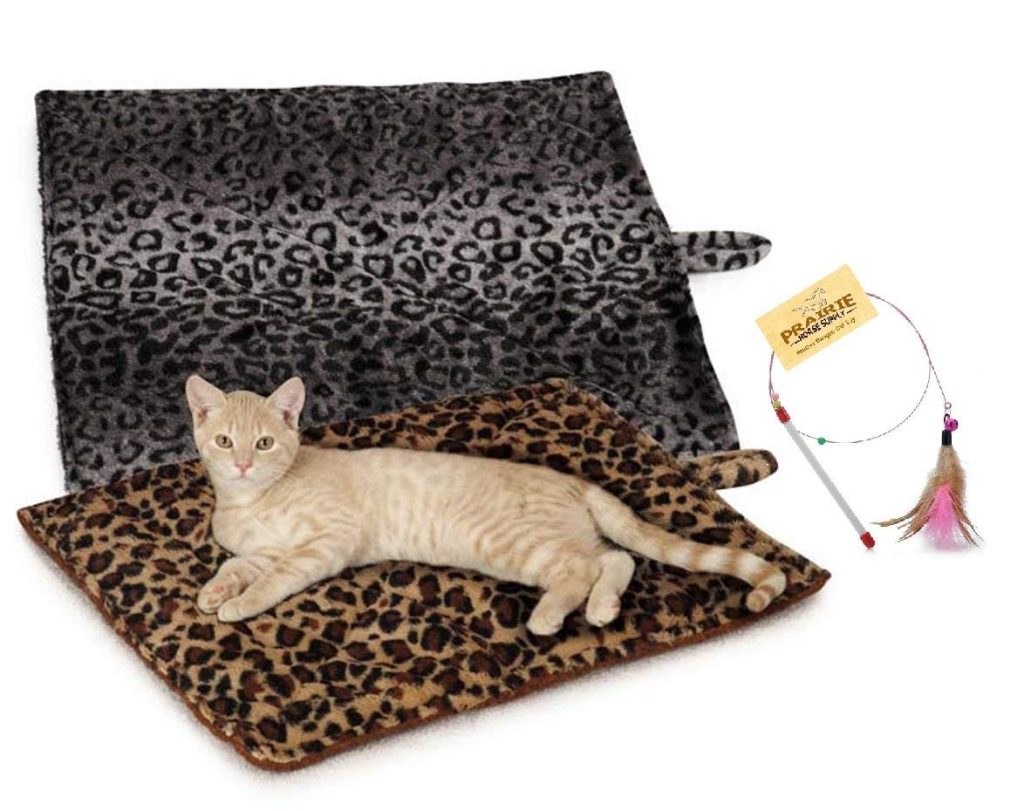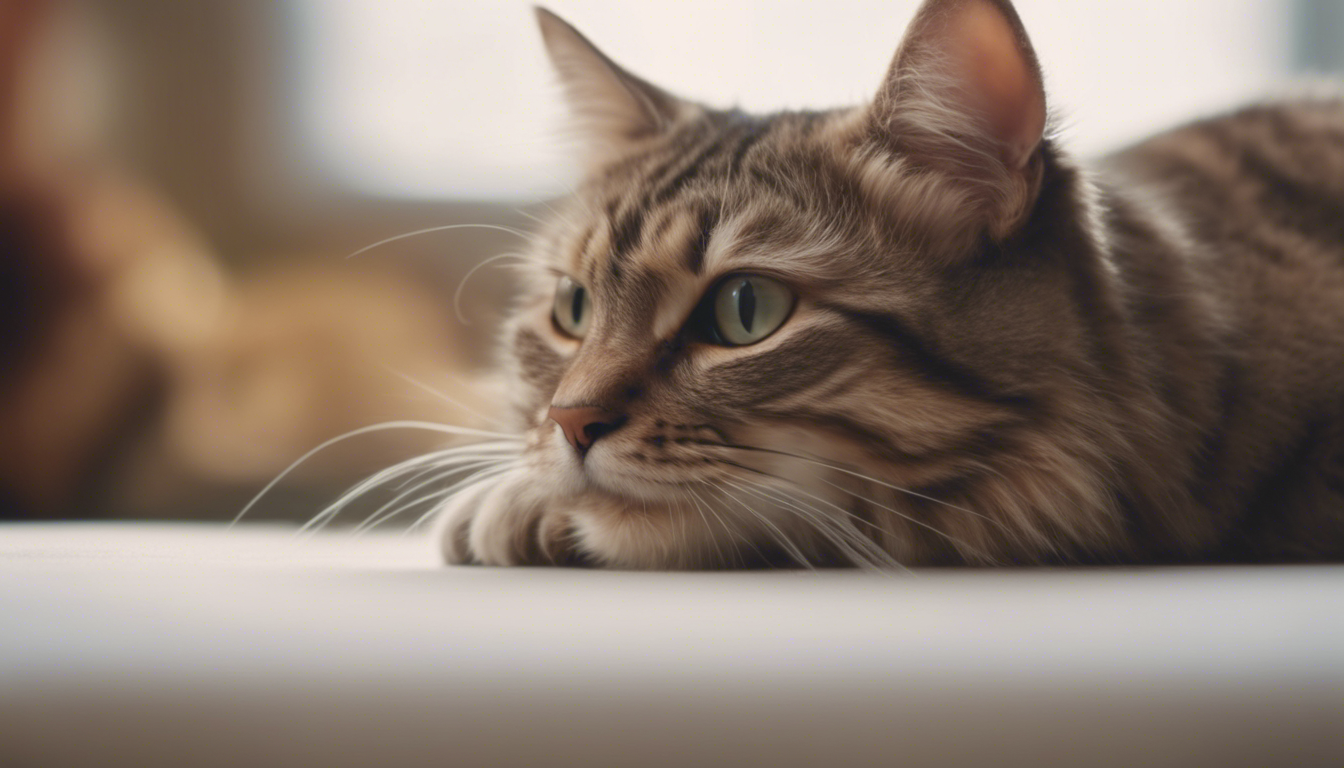
Cat vaccination schedules are an essential part of feline healthcare, ensuring that our furry friends are protected from a wide range of diseases. It’s important for cat owners to understand the significance of these schedules, the nutritional components involved, and the positive impact they have on their beloved cats.
Importance of Cat Vaccination Schedules:
Vaccination schedules play a vital role in maintaining the overall health and well-being of our feline companions. They help prevent various diseases that can be deadly or cause severe illness in cats. By vaccinating our cats, we not only safeguard their health but also contribute to the prevention of the spread of contagious diseases among the feline population.
Medical advancements have made it possible to develop safe and effective vaccines for cats, allowing us to protect them against diseases that were once considered fatal. Vaccinations stimulate a cat’s immune system to produce specific antibodies, providing immunity and defense against specific pathogens.
Moreover, following a proper vaccination schedule ensures that cats receive timely booster shots to maintain their immunity levels. This will help keep them protected throughout their lives.
Nutritional Components of Vaccinations:
Cat vaccinations consist of various preventive components that are tailored specifically for feline health. These components typically include:
- Core Vaccines: These vaccines are recommended for all cats, as they protect against common and life-threatening diseases such as feline Panleukopenia (a severe viral infection), feline herpesvirus type 1, and feline calicivirus (both causing respiratory disease).
- Non-Core Vaccines: Optional vaccines that are recommended depending on a cat’s lifestyle and exposure risk. Examples include vaccines for feline leukemia virus (FeLV), feline immunodeficiency virus (FIV), and Chlamydophila felis (causing upper respiratory infections).
Each vaccine contains specific antigens or weakened/inactivated forms of the disease-causing organism. These antigens trigger a response from the cat’s immune system, promoting the production of antibodies to fight against future invaders.
Positive Impact on Cats:
Properly administered and maintained vaccination schedules have shown numerous benefits for feline health:
- The prevention of severe and potentially fatal diseases, including those that are highly contagious among cats.
- Increased lifespan and improved quality of life for our furry friends.
- Reduction in veterinary costs associated with treating preventable diseases.
- Protection of both indoor and outdoor cats from potential exposure to pathogens.
- Prevention of zoonotic diseases, which can be transmitted from cats to humans.
To wrap it up, understanding and adhering to cat vaccination schedules is important for maintaining the overall health and well-being of our feline companions. Vaccinations provide essential protection against potentially fatal diseases, contribute to a longer and healthier life for cats, and help prevent the spread of illnesses within the feline population. Consult with a veterinarian to develop an appropriate vaccination plan tailored to your cat’s individual needs, ensuring they receive the necessary boosters throughout their lives. Remember, prevention is always better than cure, and vaccinating your cat is an act of love that ensures they can enjoy a happy and disease-free life.
